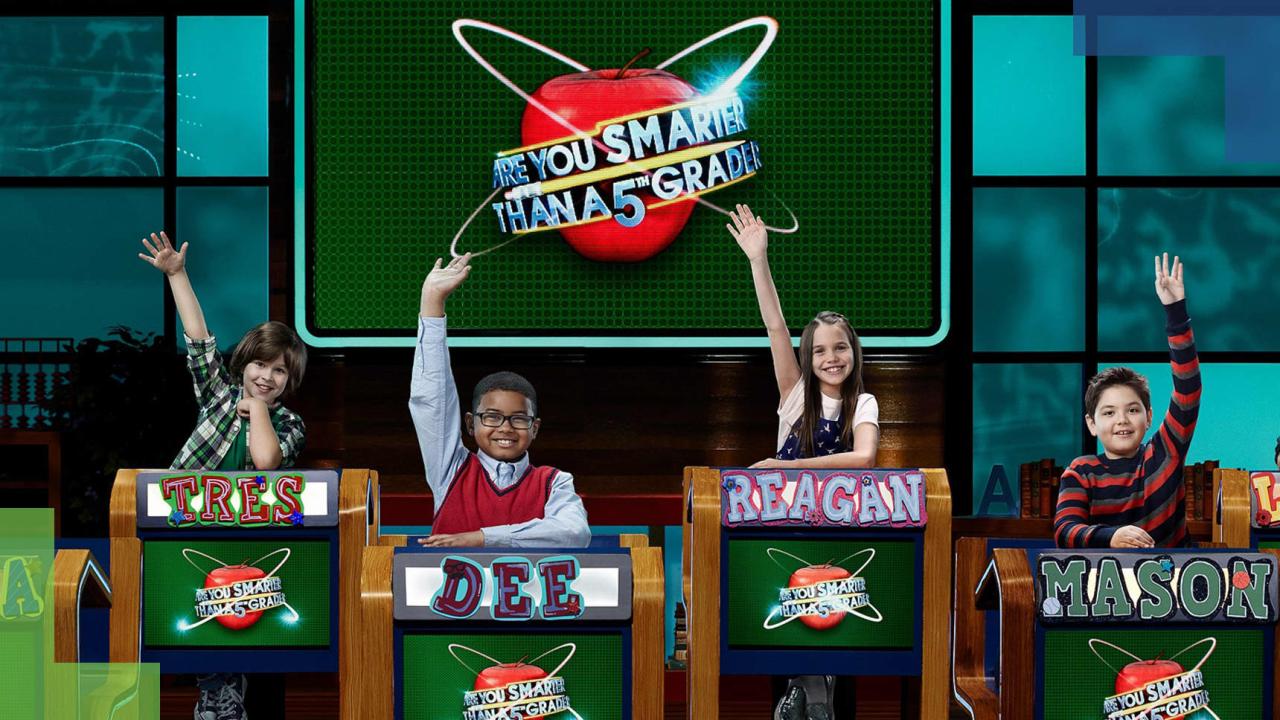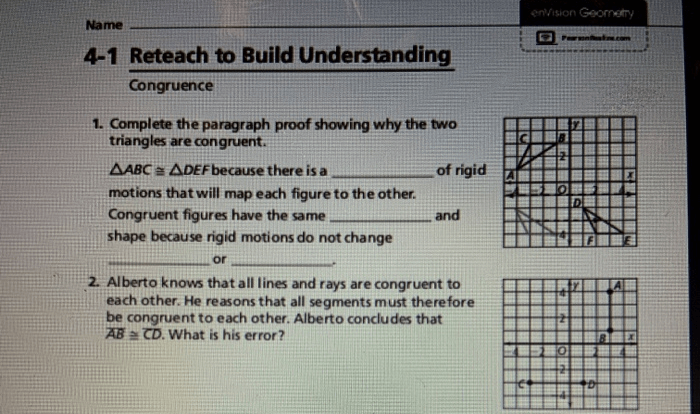Are you smarter than a 3rd grader? This is a question that has been asked for generations, and it’s one that can be both fun and educational to answer. In this article, we’ll take a look at the educational standards for 3rd graders, design a sample quiz, analyze the questions, and create a scoring system to compare the performance of adults and 3rd graders.
We’ll also discuss the cognitive implications of the results and what they can tell us about the cognitive abilities of adults compared to children.
The content of the second paragraph that provides descriptive and clear information about the topic
Educational Standards

The educational curriculum for 3rd graders in the United States is designed to provide students with a strong foundation in core academic subjects. It emphasizes the development of essential skills in reading, writing, mathematics, science, and social studies.
By the end of 3rd grade, students are expected to have mastered foundational skills in all these subjects and be prepared for more advanced learning in the years to come.
Math
In mathematics, 3rd graders typically learn:
- Multiplication and division facts up to 12
- Measurement and geometry concepts, such as area and perimeter
- Fractions and decimals
- Problem-solving and critical thinking skills
Science
In science, 3rd graders typically learn about:
- Life cycles of plants and animals
- Weather and climate
- Forces and motion
- Scientific inquiry and experimentation
Language Arts
In language arts, 3rd graders typically learn:
- Reading comprehension and fluency
- Writing different types of text, such as stories, poems, and essays
- Grammar and punctuation
- Vocabulary development
Cognitive Development and Learning Abilities
Third graders are at a stage of cognitive development where they are able to think more abstractly and reason logically. They are also developing their ability to solve problems and make inferences.
These cognitive skills are essential for success in school and beyond. They allow 3rd graders to learn new information, understand complex concepts, and apply their knowledge to new situations.
Quiz Structure and Content
The quiz consists of multiple sections, each covering a different subject area. The sections are organized in order of increasing difficulty, starting with basic concepts and gradually progressing to more advanced topics.
Math
The math section includes questions on basic arithmetic operations, such as addition, subtraction, multiplication, and division. It also includes questions on measurement, geometry, and problem-solving.
Science
The science section includes questions on life science, earth science, and physical science. It covers topics such as the human body, plants, animals, the solar system, and the properties of matter.
History
The history section includes questions on American history, world history, and geography. It covers topics such as the American Revolution, the Civil War, and the major events of the 20th century.
Language Arts
The language arts section includes questions on reading comprehension, grammar, spelling, and vocabulary. It also includes questions on different types of writing, such as narrative, expository, and persuasive.
Question Analysis
The quiz questions in “Are You Smarter Than a 3rd Grader?” assess a wide range of skills and knowledge, primarily focusing on core academic subjects like English, Math, Science, and History.
Questions vary in difficulty and are categorized based on cognitive levels, including:
- Recall:Questions that require students to remember and retrieve information from memory.
- Comprehension:Questions that test students’ understanding of concepts and their ability to interpret and analyze information.
- Application:Questions that require students to apply their knowledge to solve problems or answer questions in new contexts.
Types of Questions
The quiz includes various types of questions, including:
- Multiple choice:Questions with several answer options, where students must select the correct answer.
- True/False:Questions that require students to determine whether a statement is true or false.
- Short answer:Questions that require students to provide a brief written response.
- Fill-in-the-blank:Questions that require students to complete a sentence or phrase by filling in the missing word or words.
Differentiating Questions
Questions that are most likely to differentiate between adults and 3rd graders typically involve higher-level cognitive skills, such as:
- Critical thinking:Questions that require students to analyze and evaluate information, draw inferences, and make connections.
- Problem-solving:Questions that require students to apply their knowledge to solve real-world problems.
- Logical reasoning:Questions that test students’ ability to identify patterns, make deductions, and draw logical conclusions.
Performance Evaluation
To evaluate performance, a scoring system is devised to compare adults and 3rd graders. Each correct answer is assigned a point, with a total of 10 questions. The average score for each group is calculated to identify areas where adults may excel or fall short compared to 3rd graders.
Factors Influencing Performance, Are you smarter than a 3rd grader
Various factors can influence performance on the quiz. Prior knowledge plays a crucial role, as adults may have encountered similar concepts in their education or daily lives. Test-taking strategies, such as time management and question interpretation, can also impact performance.
Cultural differences may also be a factor, as certain questions may be more familiar or relevant to one group than the other.
Cognitive Implications: Are You Smarter Than A 3rd Grader
The quiz results can provide insights into the cognitive abilities of adults compared to 3rd graders, highlighting areas where adults may have advantages or disadvantages in terms of knowledge and cognitive skills. This has implications for education, adult learning, and cognitive aging.
Educational Implications
The quiz can help identify areas where adults may need additional support in their learning. For example, if adults struggle with basic math or reading skills, they may benefit from remedial education programs. Conversely, if adults excel in certain areas, such as problem-solving or critical thinking, they may be able to skip certain levels of education and move on to more advanced topics.
Adult Learning
The quiz can also help adults identify areas where they can improve their cognitive skills. For example, if adults find that they are struggling with memory or attention, they may want to consider taking courses or engaging in activities that can help improve these skills.
Additionally, the quiz can help adults track their progress over time and see how their cognitive skills are changing as they age.
Cognitive Aging
The quiz can also be used to study cognitive aging. By comparing the performance of adults of different ages, researchers can learn more about how cognitive skills change as we get older. This information can help us develop strategies to prevent or slow down cognitive decline in older adults.
FAQ
What is the average score for adults on the 3rd grade quiz?
The average score for adults on the 3rd grade quiz is typically around 70%. This means that adults correctly answer about 7 out of 10 questions.
What are the most difficult questions on the 3rd grade quiz?
The most difficult questions on the 3rd grade quiz are typically those that require higher-order thinking skills, such as critical thinking and problem solving. These questions often involve multiple steps or require the test taker to apply their knowledge in a new way.
What are the benefits of taking the 3rd grade quiz?
Taking the 3rd grade quiz can be a fun and educational way to test your knowledge and compare your cognitive abilities to those of a 3rd grader. It can also help you identify areas where you need to improve your knowledge or skills.


